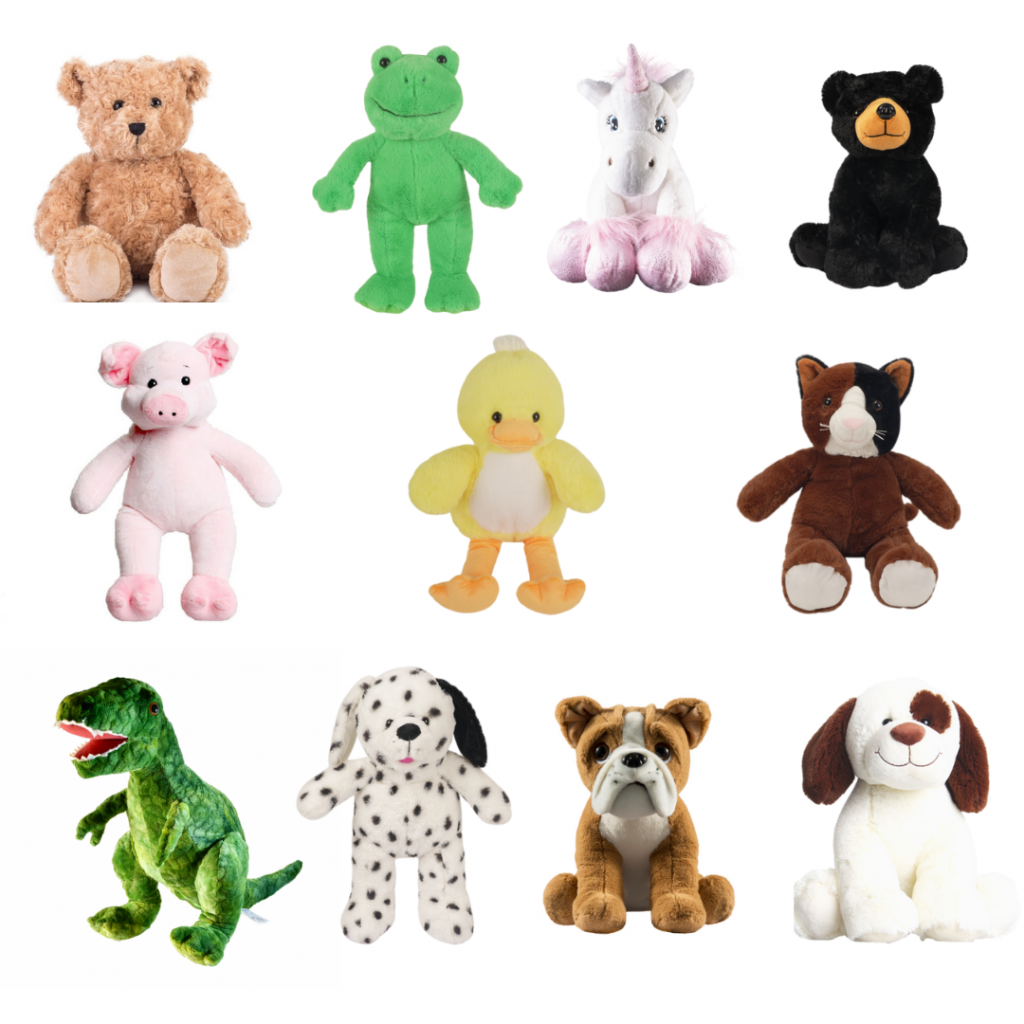Plush Animals Provide Comfort
Plush animals have a remarkable ability to provide comfort and emotional support, often described as the “science of hugs.” This endearing quality has made them cherished companions for people of all ages, transcending cultural boundaries and time. But what is the science behind this phenomenon, and how do plush animals effectively offer solace and emotional well-being?
A Sense of Security
Plush animals, such as teddy bears, evoke a sense of security reminiscent of childhood. This is no mere coincidence. Psychologists suggest that the tactile sensation of hugging a soft, cuddly plush animal triggers a deep-seated response in our brains, reminiscent of the comforting embrace of a loved one. This tactile stimulation leads to the release of oxytocin, often dubbed the “love hormone,” which induces feelings of warmth and connection. [Reference: Holt-Lunstad et al., 2008]
Reducing Stress and Anxiety
Research has shown that hugging a plush animal can lead to a reduction in stress and anxiety levels. When we embrace a plush companion, our bodies react by releasing endorphins, the body’s natural stress relievers. This release promotes a sense of calm and relaxation, soothing the mind and reducing feelings of tension. [Reference: Ditzen et al., 2007]
A Source of Consolation
Plush animals also serve as valuable sources of consolation during challenging times. Whether facing illness, loneliness, or emotional distress, these soft companions provide an unwavering presence, offering comfort without judgment. The simple act of holding a plush animal can provide a profound sense of solace, helping individuals navigate difficult moments. [Reference: Black, 2011]
Emotional Expression and Connection
For many, plush animals serve as an outlet for emotional expression. Talking to or confiding in a plush companion allows individuals to articulate their feelings and thoughts openly. This practice fosters a sense of emotional connection, helping people process their emotions more effectively and providing a sense of companionship during times of solitude.
Empathy and Support
In addition to their physical comfort, plush animals offer a unique form of emotional support. Their presence can elicit feelings of empathy, reminding individuals that they are not alone in their struggles. This sense of companionship can be particularly meaningful during times when personal connections may be limited.
Conclusion
In the “science of hugs,” plush animals play a vital role in offering comfort, emotional support, and a sense of security. Through tactile stimulation and the release of oxytocin, they provide a tangible source of solace, reducing stress and anxiety levels. Furthermore, plush companions serve as empathetic listeners, offering a sense of connection and emotional support during challenging moments.
Their significance goes beyond mere sentimentality; it extends to the tangible benefits they bring to our emotional well-being. As we embrace these soft, cuddly companions, we harness the science of hugs and experience the profound comfort they provide, reaffirming their enduring role in our lives.
References:
- Holt-Lunstad, J., Birmingham, W., & Light, K. C. (2008). Influence of a “warm touch” support enhancement intervention among married couples on ambulatory blood pressure, oxytocin, alpha amylase, and cortisol. Psychosomatic Medicine, 70(9), 976-985.
- Ditzen, B., Schaer, M., Gabriel, B., Bodenmann, G., Ehlert, U., & Heinrichs, M. (2007). Intranasal oxytocin increases positive communication and reduces cortisol levels during couple conflict. Biological Psychiatry, 61(11), 1393-1396.
- Black, R. W. (2011). Healing the inner child: Stuffed animals and emotional literacy in middle childhood. International Journal of Education & the Arts, 12(4), 1-18.


